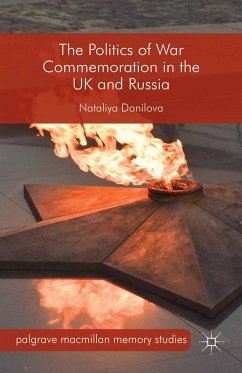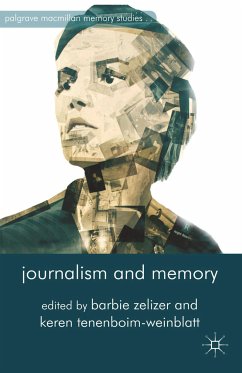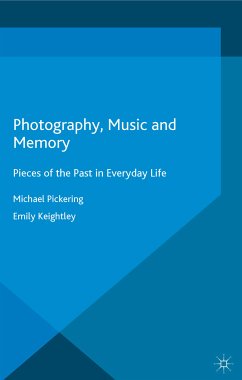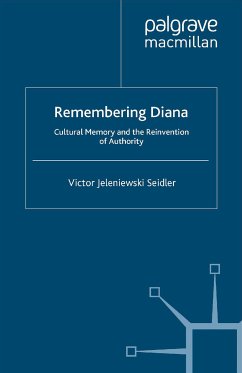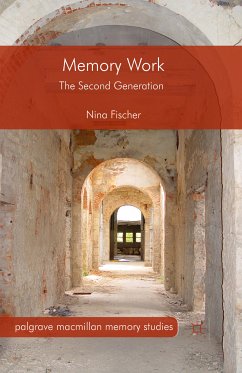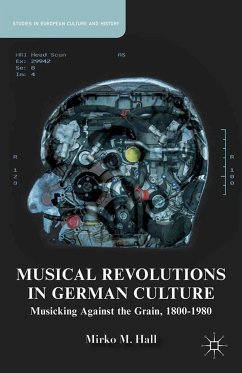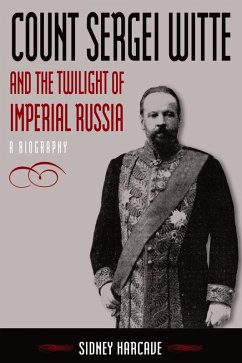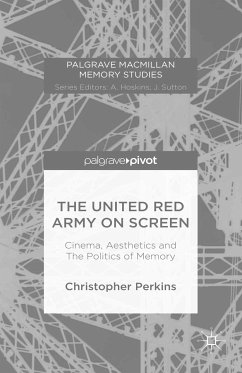
The United Red Army on Screen: Cinema, Aesthetics and The Politics of Memory (eBook, PDF)
Versandkostenfrei!
Sofort per Download lieferbar
40,95 €
inkl. MwSt.
Weitere Ausgaben:

PAYBACK Punkte
20 °P sammeln!
This book investigates how films made about the URA since the 1990s have engaged with, reproduced and contested cultural memories of the organisation, discussing how directors have addressed questions of narrativization, trauma, intergenerational connection, and political subjectivity as they engage in the politics of cultural memory on screen.
Dieser Download kann aus rechtlichen Gründen nur mit Rechnungsadresse in A, B, BG, CY, CZ, D, DK, EW, E, FIN, F, GR, HR, H, IRL, I, LT, L, LR, M, NL, PL, P, R, S, SLO, SK ausgeliefert werden.




